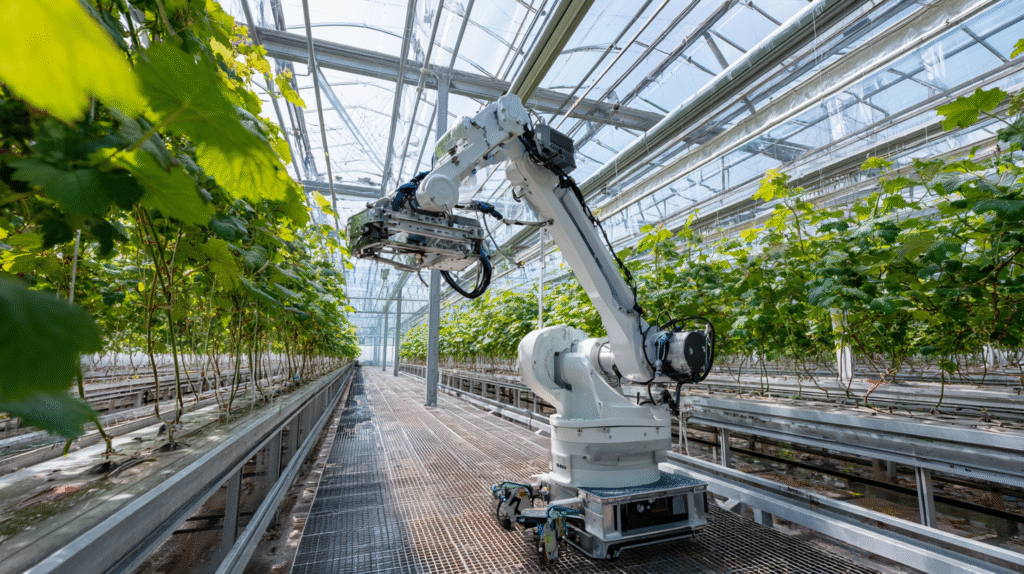The UK government has formally included agritech and precision breeding as priority sectors within its newly introduced ten-year Modern Industrial Strategy, released on 24 June 2025. Agri‑tech is categorised under Advanced Manufacturing, while precision breeding falls within Digital & Technology, signalling a deliberate move to elevate farming as a high‑tech growth industry.
Major Investment Boost
A commitment of at least £200 million has been secured for the Farming Innovation Programme (FIP) through 2030. This funding is earmarked for pioneering field technologies—such as robotics, sensor systems, data-driven management—and advanced breeding innovations. An Agri‑Tech Export Accelerator Programme has also been launched to help UK-based agritech firms enter and expand in global markets.
Cross‑Sector Collaboration
The strategy builds explicit bridges between agriculture and key economic domains, including life sciences, clean energy, and digital infrastructure. It aims to foster synergies that encourage agri‑tech solutions to be integrated across multiple industries, supporting broader innovation ecosystems.
Regulation of Precision Breeding
In May 2025, the government passed secondary legislation that activates the Genetic Technology (Precision Breeding) Act 2023, creating a new regulatory framework specific to precision-bred plants in England. The regulations propose a tiered authorisation system with a faster track for straightforward cases and a more in-depth assessment route for crops with potential risks. Crucially, the law is outcome-based—treating genetically identical traits to conventional breeding differently than traditional genetically modified organisms—enabling quicker commercialisation under safer and proportionate rules.
The regulations—and their supporting frameworks—come into effect in November 2025, after a six-month implementation period. This marks the official moment when precision-bred crops can begin passing through approval processes with Defra and the Food Standards Agency.
Anticipated Benefits
- Increased Productivity: Precision breeding and farm automation are expected to raise yields, support resilience, and improve resource efficiency.
- Environmental Gains: These innovations can help reduce pesticide use, lower carbon emissions, and enhance food security.
- Export Growth: With the new Accelerator Programme and regulatory clarity, UK agritech companies are well-placed to expand internationally.
Next Steps
Agritech businesses and researchers should prepare to apply for Farming Innovation Programme grants—such as the Precision Breeding R&D Fund (open May–June 2025, featuring £12.5 million in collaborative funding). Further guidance is expected to outline novel regulatory authorisations and market authorisation timelines in the coming months.


